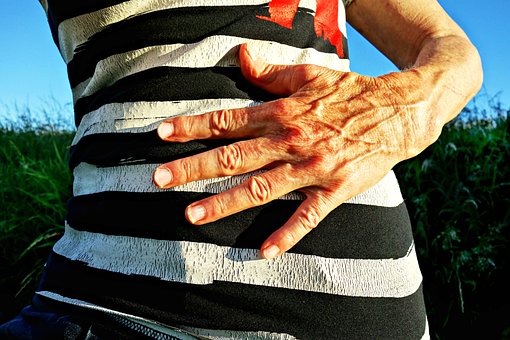There are MANY possible causes of gas. Gas is a result of partially undigested food and an accumulation of air in the digestive system. Undigested carbs in your small intestine end up being eaten by bacteria in your large intestine that produce a sulfur-containing compound.
Here’s a list of possible causes, note which ones apply to you:
- The biggest culprits are beans, broccoli, cabbage and dairy
- Artificial Sweeteners or Sugar Alcohols like Polyol, Sorbitol, Mannitol & Sylitol found in sugar-free foods, gums, protein bars, protein shakes & candies (these can cause severe cramping)
- chewing gum
- eating greasy, high-fat foods
- eating too fast
- gulping down beverages
- hyperventilating
- medications or nutritional supplements
- smoking
If the obvious causes don’t apply, see your doctor. You may be diagnosed with one of the following:
- Colorectal Cancer
- Inflammatory Bowel Disease (Crohn’s & Ulcerative Colitis)
- Irritable Bowel Syndrome
- Lactose Intolerance – need to avoid cow’s milk
- Ovarian Cancer
OR… it could just be your microbiome…

By easing away from those foods and including more plant-based choices, you will promote the healthy bacteria called Prevotella that like to feed on non-animal proteins. The bi-products of this bacterial activity promote healing in the gut. Learn more about this and how to create a balanced, calm-feeling stomach: Healthy Gut Microbes
Things you can do:
- make notes of foods that your body doesn’t tolerate very well (usually certain raw vegetables & beans), usually consumed within the previous 24hrs.
- you should increase your intake of fiber by consuming more plant-based foods which will help improve your bowel habits – fiber is food for gut bacteria
- when you start increasing your intake of plant foods, allow for a few weeks of bloating, gas & discomfort while your body adjusts – your bacteria has to ferment the fiber which produces gas
- you can deal with this by taking probiotic supplements for the first month or add digestive enzymes to help reduce gas
- natural pre & probiotics include yogurt, kefir, bananas, whole grains breads and honey
- eat smaller meals
- eat slowly (a lot of gas in your system comes from swallowing air when eating too fast)
- drink lots of water
- eliminate drinks that might contribute to stomach upsets like coffee, alcohol and some teas
Dealing with Beans
Beans are extremely nutritious so you don’t want to exclude them from your diet, but you can help reduce their side-effects by:
- discarding the water used for soaking the beans
- add some seaweed or a bay leaf to the pot while cooking
- cook the beans until they are soft


